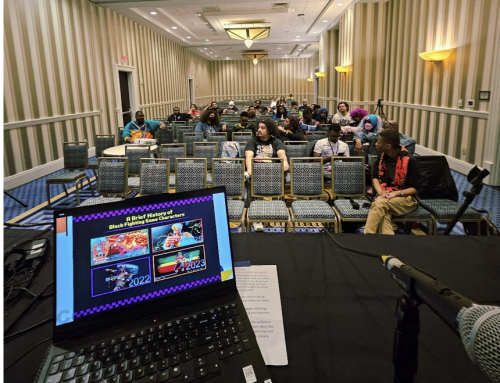On the one hand, Black and Brown children have greatly benefitted from the heroic actions of the generations who preceded them. On the other, intergenerational poverty persists, and many public schools today are as segregated as they were in 1965.
Huge discrepancies in wealth and the concurrent differences in housing costs and opportunities have created largely segregated schools in many districts, including most large urban districts. In part, because of these differences, there continue to exist significant gaps between white and Black and Brown students’ achievement.
At NCEED, we organize our work around six pillars (https://nceed.morgan.edu/), and we are working with partners in Maryland and nationally to address some of the most critical issues in education:
Teachers and School Leaders: School Improvement, Professional Development, and Research
The Teacher and Leaders Pillar examines the preparation and development of pre- and in-service teachers and leaders, effective teaching and leadership practices, and their role in cultivating and sustaining more equitable school cultures and outcomes.
Cultural Humility: Reducing biases, fostering meaningful connections, and paving the way for a more equitable educational system.
The Cultural Humility Pillar examines pre- and in-service teacher/leader, and school staff training and development of reflexivity and strategies for aligning with diverse students and communities.
Literacy: Community Engagement and Collaboration to Dismantle Barriers to Literacy for All Students
The Literacy Pillar focuses on issues of literacy socialization and acquisition, teaching and learning of literacy, the interface of literacy and technology, strategies for family, and community engagement, and literacy policy.
fSTAR: Family, Student, and Teacher Academic Resilience
fSTAR seeks to contribute an understanding of the intersection of families, schools, communities and policies for the benefit of optimizing children’s school success. While families, schools, communities, and governing bodies generally function as silos, fSTAR seeks to examine ways in which silos may be dismantled.Curriculum and Pedagogy: Fostering Engaging, Equitable, and Inclusive Learning Environments
Social and Emotional Learning (SEL) and Psychological Well-being: Addressing the Social and Emotional Needs of Students as well as the Adults in Their Lives
The Social and Emotional Learning (SEL) and Psychological Well-Being Pillar focuses on the holistic health and well-being of children, parents and school staff; and the implications of SEL on school attendance, academic performance and engagement.
Curriculum and Pedagogy
The Curriculum and Pedagogy Pillar investigates teaching and learning, as well as the use of technology and other resources to meet the needs of diverse learners







